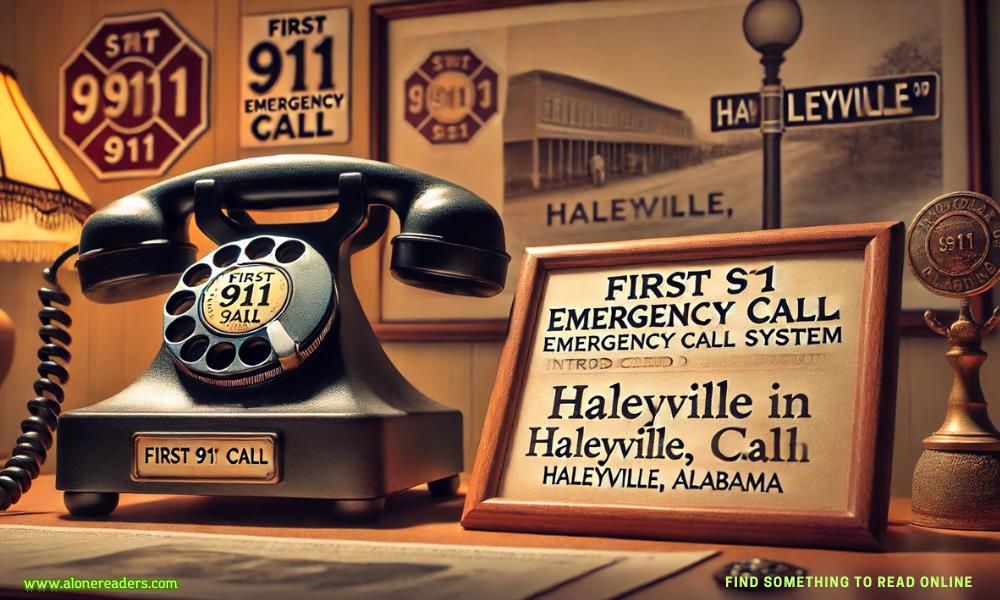
In the quiet town of Haleyville, Alabama, a groundbreaking moment in public safety history unfolded in 1968 that would forever change the way emergencies are handled across the United States. This small town earned its place in history as the birthplace of the nation's first 911 emergency call system, a milestone that has since become an integral part of daily life. The development and implementation of the 911 system marked a pivotal step toward improving response times, saving lives, and ensuring public safety.
The idea for a nationwide emergency call number was driven by the need for a standardized system to address urgent situations effectively. Prior to the introduction of 911, individuals needing emergency assistance faced significant challenges. They had to locate and dial the appropriate phone numbers for police, fire, or medical services, which varied widely by locality. This patchwork system often led to delays in response times and confusion during critical moments when every second counted. Recognizing the need for a unified solution, the Federal Communications Commission (FCC) and AT&T collaborated to establish a simple, easily remembered number for emergencies.
Haleyville was selected as the launch site for this revolutionary system due to its strong community spirit and readiness to embrace innovation. On February 16, 1968, the first-ever 911 call was made from the Haleyville City Hall to the local police station. Alabama Speaker of the House Rankin Fite placed the call, which was answered by Tom Bevill, a U.S. Representative. This historic moment marked the beginning of a system that would soon spread across the country, providing a critical lifeline in emergencies.
The choice of the number "911" was deliberate and strategic. It was short, easy to remember, and had never been used as an area code, making it distinctive and recognizable. Additionally, the digits were simple to dial on rotary phones, which were prevalent at the time. These factors contributed to the system’s immediate acceptance and long-term success.
Haleyville's role in this historic achievement is a source of pride for the community. The city celebrates its legacy with a replica of the original red rotary phone used in the first call, displayed prominently in the Haleyville City Hall. This symbol of innovation serves as a reminder of the town’s unique contribution to public safety and its lasting impact on the nation.
The success of the 911 system in Haleyville paved the way for its nationwide adoption. By the mid-1980s, the majority of the U.S. population had access to 911 services. The system's widespread implementation required extensive coordination among federal, state, and local governments, as well as investment in infrastructure and public education campaigns to raise awareness. These efforts ensured that the 911 system became a universal standard for emergency communication.
The legacy of the first 911 call extends beyond its technical achievements. It represents a commitment to public safety and a recognition of the importance of efficient communication during emergencies. The introduction of the 911 system was a testament to the power of collaboration and innovation, demonstrating how communities can come together to address critical challenges.
In conclusion, Haleyville, Alabama, holds a significant place in the history of emergency services as the birthplace of the first 911 emergency call system. This small town's pioneering efforts in 1968 laid the foundation for a system that has saved countless lives and become an indispensable part of modern society. As we reflect on the origins of 911, we are reminded of the importance of innovation and the enduring impact of visionary ideas.